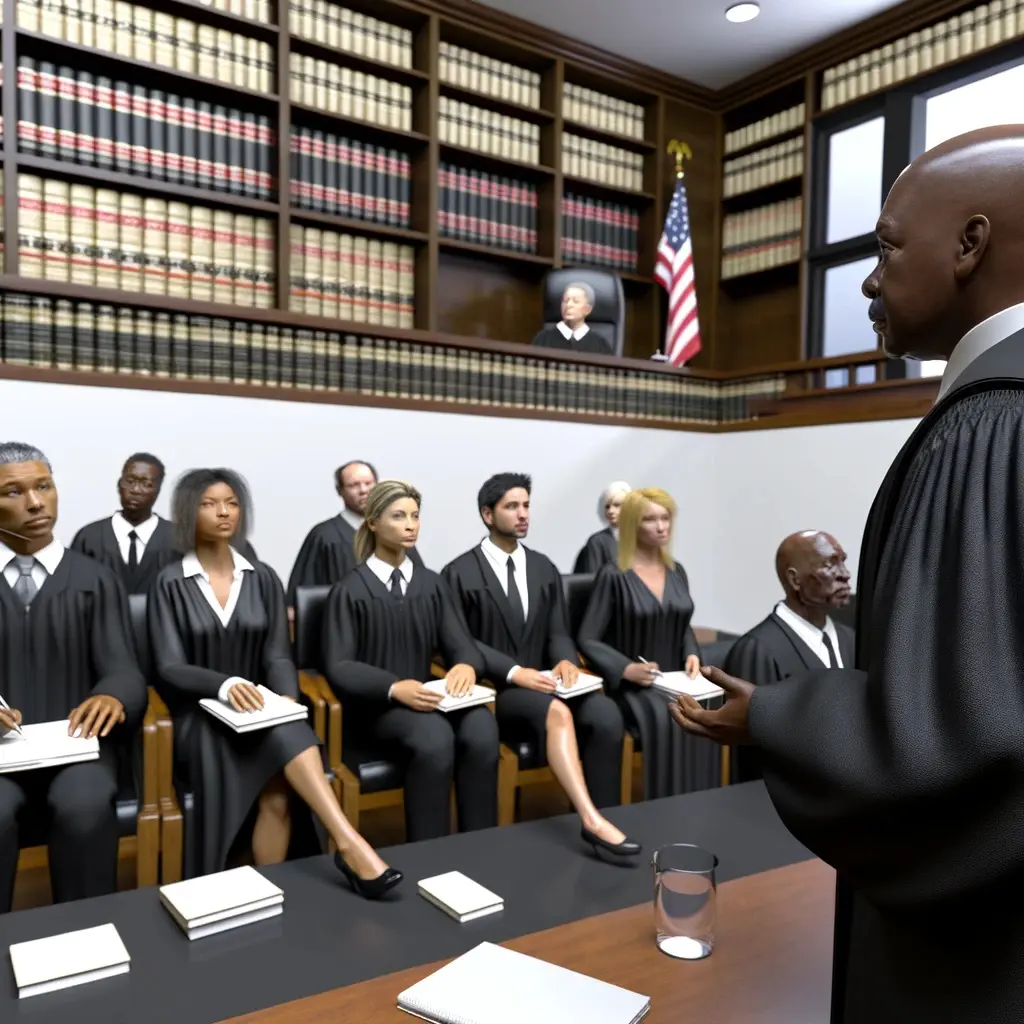Effective Jury Deliberation Strategies: Utilizing the Allen Charge in Court
In the intricate landscape of legal proceedings, one particularly effective tool used to guide jury deliberations to a conclusion is the Allen Charge. This judicial instrument, also known as a dynamite charge, is employed to encourage deadlocked juries to reach a verdict. Understanding its application and implications is crucial for legal professionals and clients alike, navigating complex courtroom dynamics.
The Allen Charge is invoked when a jury cannot reach a unanimous decision after extensive deliberation, indicating a deadlock. This instruction is given by the judge, urging jurors to re-examine their views and listen to the opinions of others with a disposition towards reaching an agreement. It’s important to note that while this charge encourages further deliberation, it does not compel jurors to abandon their honest convictions merely to secure a verdict.
Legal experts often debate the effectiveness and fairness of the Allen Charge. Supporters argue that it serves as a useful tool to break impasses and avoid mistrials, which can be costly and time-consuming. Critics, however, contend that it may pressure jurors into compromising on their beliefs, potentially leading to less just outcomes.
From a strategic standpoint, lawyers must carefully consider when to request an Allen Charge. The timing and context of this request can significantly influence the jury’s response. Legal advisors and attorneys need to gauge the mood and dynamics of the jury deliberation to determine if such a charge could be beneficial or might backfire.
Furthermore, preparing clients for the possibility of an Allen Charge is also a critical component of trial preparation. Clients should understand that this is a normal part of the judicial process in deadlock situations and not necessarily a reflection of the strength or weakness of their case. This understanding helps manage client expectations and prepares them for possible outcomes of their trial.
Another key consideration is the ethical implications of the Allen Charge. Legal professionals must ensure that their conduct remains within the bounds of legal ethics while advocating for or against the use of this charge. The balance between persuasive argumentation and undue influence is delicate and requires nuanced understanding and application of legal principles.
Beyond the courtroom, the discussion about the Allen Charge often extends into legal education and ongoing professional training. Law schools and continuing legal education programs frequently address the use of this charge, emphasizing its legal, ethical, and practical aspects. Such educational efforts help ensure that new and practicing lawyers are well-equipped to handle jury deadlocks competently.
Moreover, public perception of the Allen Charge and its role in high-profile cases can influence its acceptance and application. Media coverage and public discourse on cases involving this charge can sway public opinion and potentially impact judicial practices and policies.
In conclusion, the Allen Charge is a pivotal yet controversial tool in the realm of jury management. Its use requires careful consideration of legal strategy, ethical standards, and the psychological dynamics of jury members. As the legal landscape evolves, so too does the discussion on the appropriateness and effectiveness of such measures in achieving fair and just verdicts. Legal professionals must stay informed and adapt to these changes to effectively represent and advise their clients.












